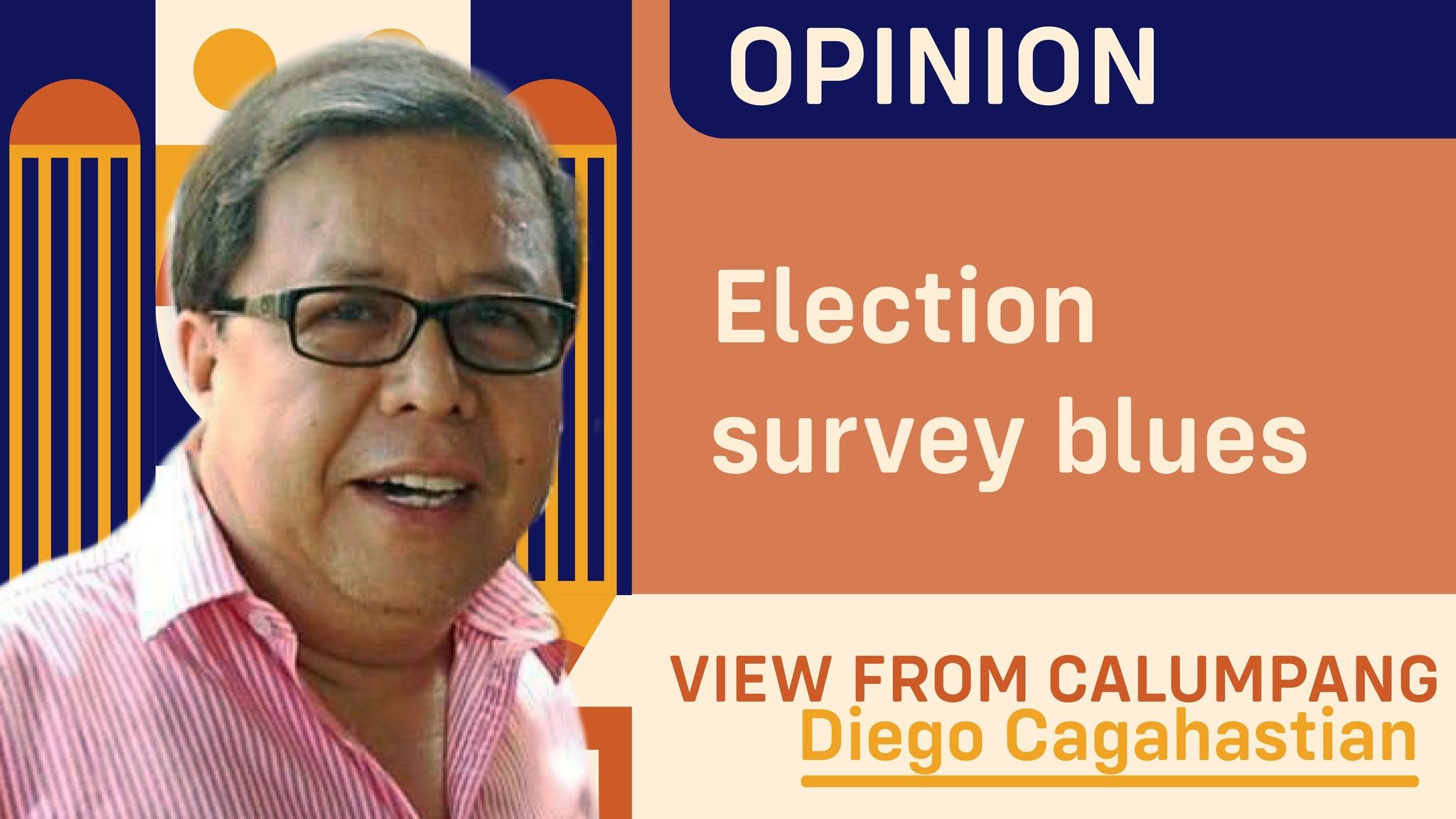Candidates in Philippine elections are not disposed to file cases in court against survey firms which gave them a raw deal.
But these politicians might soon think about the possibility of filing complaints against political survey firms which manipulate poll results in favor of certain candidates or issues.
This has become a possibility because US President-elect Donald Trump decided to sue a pollster and newspaper over a pre-election survey that vastly underestimated his support.
Trump's lawsuit was filed in Iowa, naming the pollster Ann Selzer, the Des Moines Register newspaper and its parent company Gannett, as defendants. The suit revolves around a poll conducted by Selzer that showed Trump trailing Democratic nominee Kamala Harris by three points in the state.
Before the Nov. 5 US elections, the respondents published a survey that Trump claimed as a “brazen election interference.” The president-elect expressed surprise upon reading the published survey results because he had easy victories in that state in 2016 and 2020. Trump went on to win Iowa by 13 points, effectively shaming Selzer.
On the other hand, the Knight First Amendment Institute, a group at Columbia University dedicated to promoting free speech rights, slammed the lawsuit as "part of a larger effort by President-elect Trump to prevent the press from reporting on issues of vital public interest."
Whatever comes out of this suit will serve as a red flag in the way local pollsters are conducting their political surveys in the Philippines, considering that many of them have resurfaced as the election season nears.
The wide discrepancies in the results that these survey firms are churning out put to question not just their methodologies but also their credibility in coming out with reliable results devoid of bias.
Just like Trump, many local candidates, especially those who believe that they were unfairly treated in the surveys, may be encouraged to seek redress through the courts and make these erring survey firms pay for their inefficiency or worse, manipulation.
A decade ago, the Supreme Court upheld the legality of Comelec En Banc Resolution 9674, which compels survey firms to reveal the identities of their clients as well as those who commissioned, paid, and/or subscribed to their surveys that ostensibly would help guide voters in choosing their candidates.
It appears that anywhere in the world, election operators and public opinion manipulators play the same con game.
#WeTakeAStand #OpinYon #OpinYonColumn #ViewfromCalumpang
